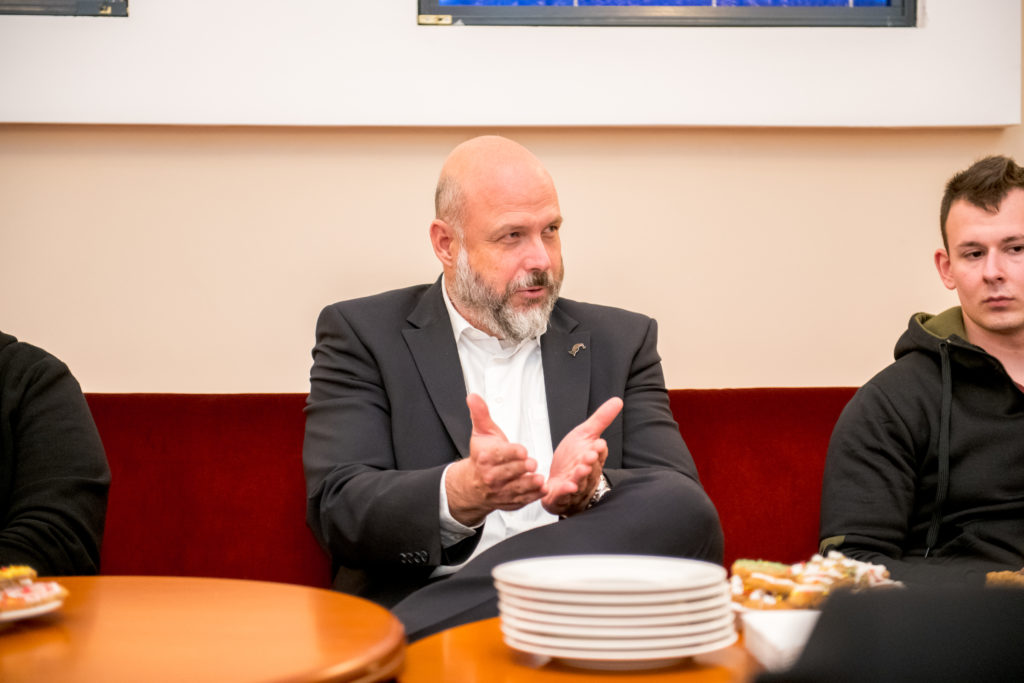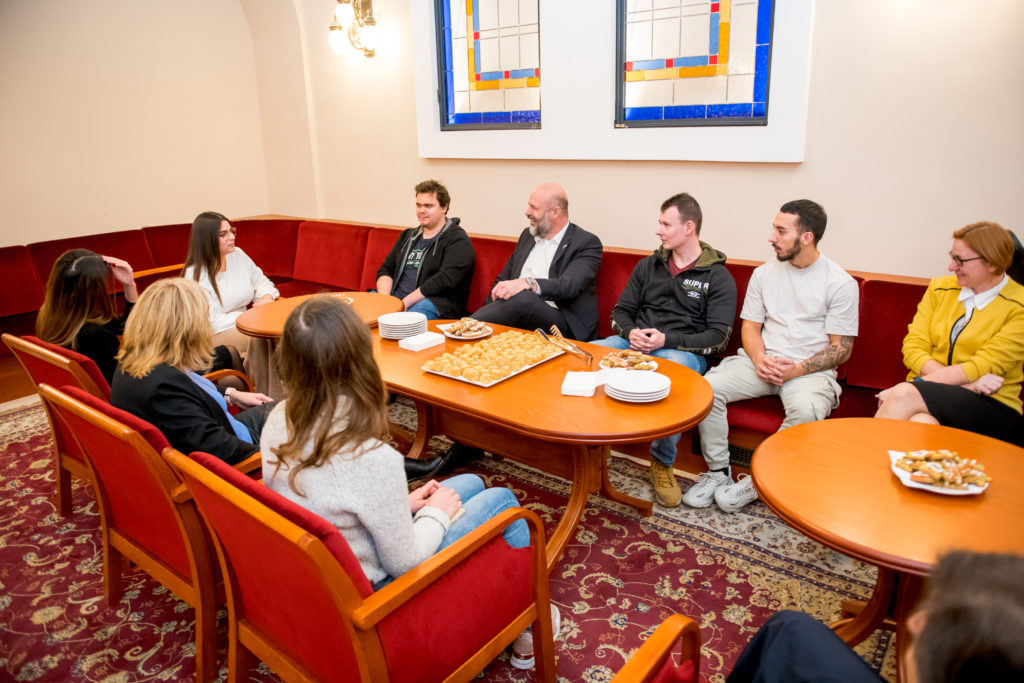The Illyés Gyula Programme is more than just a preparation for the high school leaving exam

The Corvinus Illyés Gyula Programme was initiated by the Rector of the Corvinus University of Budapest, Prof. Dr. Előd Takáts in 2021 with the aim of providing the University with a structured framework to support talented students who have encountered obstacles in their access to higher education. “At Corvinus, we train the country’s most successful economic and social science professionals, and we know that failure does not necessarily mean a lack of talent, as sometimes on the road to success you have to run into obstacles again,” said Előd Takáts. The Illyés Gyula Programme was prepared for a year under the leadership of Éva Bodnár, professional responsible for the programme, and Krisztina Megyeri, assistant professor. Experts in talent management, educational methodology and psychology play a key role not only in the preparation, but also in the admissions process and programme implementation.
In September 2022, a total of eight young people joined the first cohort of the Programme, which will offer them a one-year intensive preparatory course organised by the Centre for Foreign Language Education and Research, where they will have the opportunity to refine their maths and English skills. During this period, the University will support them with a net amount of 130 thousand forints per month, free dormitory accommodation, one hot meal per day, a laptop and phone and Internet subscription, support for their travel costs and mentoring. Participants will also be supported by members of the Studium Generale student organisation to help them prepare for their graduation.

Talent, Opportunity, Responsibility
Over the last few months, both students and programme teachers and organisers have gained many important experiences, which they shared with the University leadership and each other at the Christmas meeting with Előd Takáts. Most of the participants learned a lot about themselves, in addition to the subject knowledge they acquired, and most of them said that the most important benefit of the programme was that they were able to step out of their comfort zone. Some have worked in a factory before returning to school, others have gained confidence from working with foreign students, and others have more realistic expectations of themselves through mentoring. “During my time here, I have learned to set myself goals that are achievable and my expectations of myself have changed. This helps me to overcome obstacles more smoothly,” said one of the participants in the programme.
Előd Takáts highlighted that the progress of the students has exceeded all expectations. We are grateful to the faculty and students of Corvinus whose voluntary work made all this possible. “I am proud of the Corvinus University community: here, talented people are not only given the opportunity to flourish as individuals, but also take responsibility for their immediate and wider environment. It is a pleasure to work with you,” said the Rector of the University.
Among the most important achievements of the semester, Éva Bodnár, the professional in charge of the programme, also highlighted the progress made in the field of awareness. “In the first period, the main focus was on helping students to find the path that would later enable them to overcome obstacles and that would best suit them. The journey of the eight participants is facilitated by student mentors and peers, creating a protected environment where, in addition to intensive training, they have had the time and support to make the best decisions. As a result, many have changed their career goals. And in the next semester, the Programme will allow them to focus on preparing themselves as best they can to achieve this,” said Éva Bodnár.